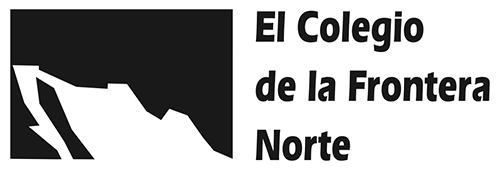
This article offers a terminological refl ection on the expression “illegal immigrant.” In particular, it argues against the arbitrary choice of terminology used to refer to undocumented migration in academic and scientifi c texts. On the basis of certain legal, linguistic, and sociopolitical concerns, it suggests that the use of “illegal migrant/ alien” should be seriously reconsidered and replaced with alternative terms, such as “undocumented” or “irregular immigrant,” which are both terminologically correct and lack the negative social implications of the phrase “illegal immigrant/alien” or “clandestine alien”. RESUMENEl propósito de este artículo es ofrecer una refl exión terminológica acerca de la expresión “migrantes ilegales”. En particular, trata sobre el uso arbitrario de la terminología empleada para referirse a la migración indocumentada en textos académicos y científi cos. Tomando en consideración argumentos jurídicos, lingüísticos y sociopolíticos, se señala que expresiones como “migrante ilegal” o “migrante clandestino” deben considerarse seriamente y sustituirse con términos alternativos, tales como “migrante irregular” o “migrante indocumentado”, los que, además de ser conceptualmente correctos, son términos que evitan las implicaciones sociales negativas que tienen las otras expresiones.

You may also start an advanced similarity search for this article.